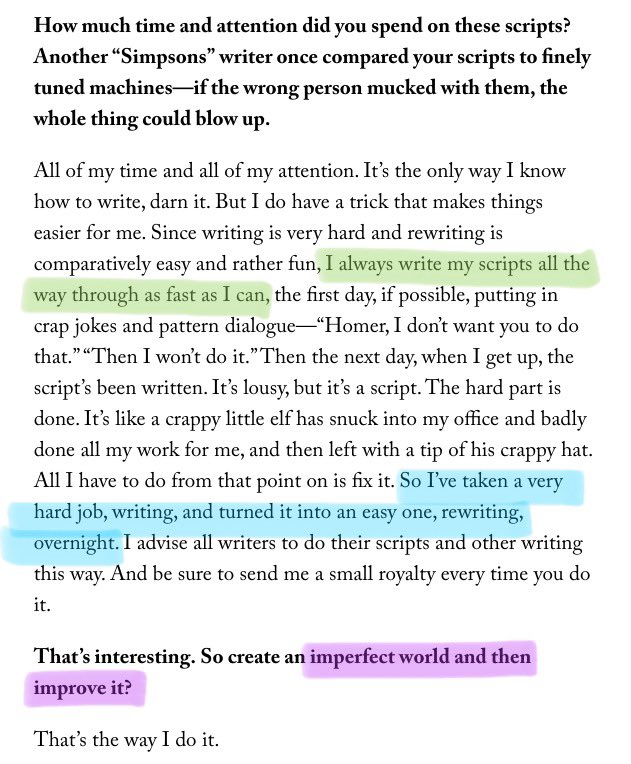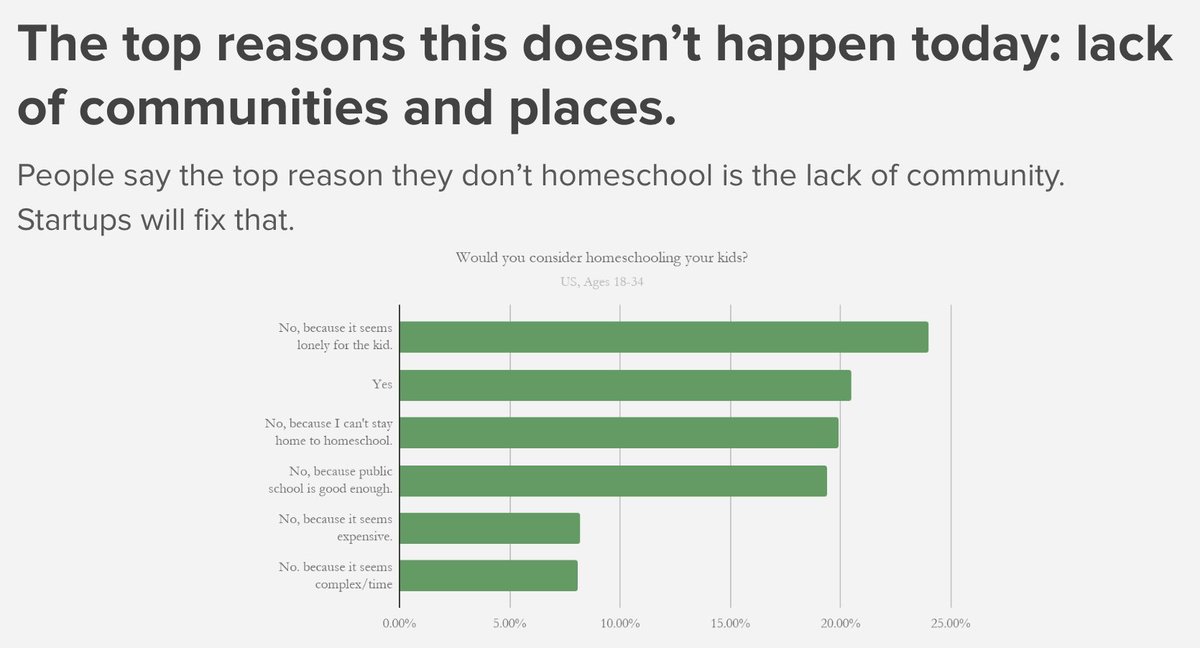
Maybe signaling in architecture doesn’t matter like it used to.
Consider the decline in bank architecture since the FDIC insurance began in 1933.
Beautiful architecture used to signal trust, but consumers and lenders have other sources of information now.
(h/t @tylercowen)



Consider the decline in bank architecture since the FDIC insurance began in 1933.
Beautiful architecture used to signal trust, but consumers and lenders have other sources of information now.
(h/t @tylercowen)




• • •
Missing some Tweet in this thread? You can try to
force a refresh






















